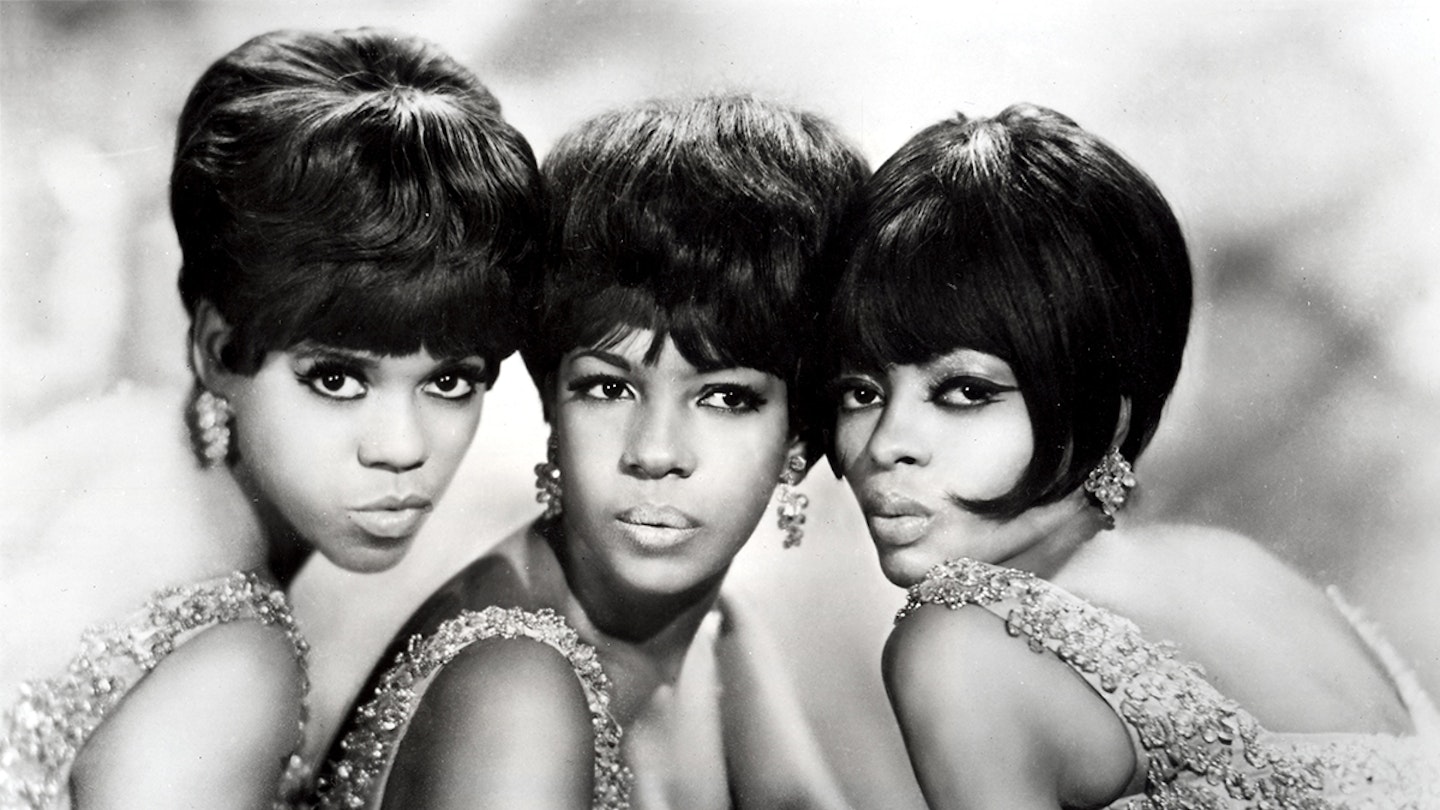It was Saturday, October 22, 1966, when three glamorous young women with big hairdos and even bigger voices crowded nervously around the radio. As the US Billboard charts counted down the top music albums that week, the trio all held their breath as the announcer reached the final two. In second place was last week’s No.1, The Beatles’ Revolver. It could only mean one thing: The Supremes A’ Go-Go album had gone all the way and clinched the top spot.
It was a truly landmark moment in the history of music, gender and ethnic background. The girls from Detroit became the first all-female group to score a No. 1 album in their home country, while sending a beacon of optimism to other black artists who were still struggling to get their voices heard in mainstream music. They’d even dethroned the reigning British gods of music, The Beatles, in the process.
It was a lot to take in for the young friends who had grown up together on America’s first federally funded housing project for African- Americans. The year was 1959 and, as entrepreneur Berry Gordy was launching a new music business in Detroit that would become Motown Records, on the other side of town Florence Ballard, Diana Ross, Mary Wilson and Betty McGlown were forming a band to rival the popular male group, The Primes, calling themselves The Primettes.
In 1960, Betty left the group to have a family and was replaced by Barbara Martin. In the meantime, with Smokey Robinson’s help, the group got an audition for the now booming Motown label and once the girls finished high school, they were officially signed, now as The Supremes. In 1962, Barbara left the group and Mary, Florence and Diana continued as the now iconic trio.
Success wasn’t instant, though, and for a while, they were known as the ‘no-hit Supremes’ after their first dozen singles failed to make any significant impact. Then they were partnered with the song-writing genius of Motown’s in-house composers, Holland, Dozier and Holland, and suddenly there was no stopping them. The girls racked up five consecutive No. 1 hits in 1964-1965, as well as becoming the first African- American act to appear on TV’s Ed Sullivan Show in 1964.
The group was branded as the epitome of Motown glamour, with their sparkling dresses, matching hairdos and dramatic make-up that was deliberately styled with no leaning towards a particular race or colour.
Coming to prominence at a critical moment in the struggle for civil rights, Mary, Florence and Diana played a hugely important role in bringing people together.
By infiltrating the likes of the Copacabana club in New York, that had previously only showcased white artists, and performing a mix of styles, from doo-wop to pop and disco, the group deliberately appealed to both black and white audiences, with universally appealing tunes that everyone would want to dance and sing along to.
In the next few years as these girls grew into women, supported by Motown’s top team of songwriters, choreographers and stylists, things only got better, reaching the pinnacle with the stratospheric success of the A’ Go-Go album, full of upbeat, danceable hits, including You Can’t Hurry Love.
The very next year Berry Gordy changed the group’s name to Diana Ross and The Supremes, placing Diana as the lead singer, and ultimately everything started to fall apart. In 1977, the group officially disbanded, having achieved 12 No. 1 singles in total – a record only beaten by Elvis, The Beatles and Mariah Carey. Their career may have only been short and sweet but it’s one that’s kept us hanging on to the magic of The Supremes ever since.
